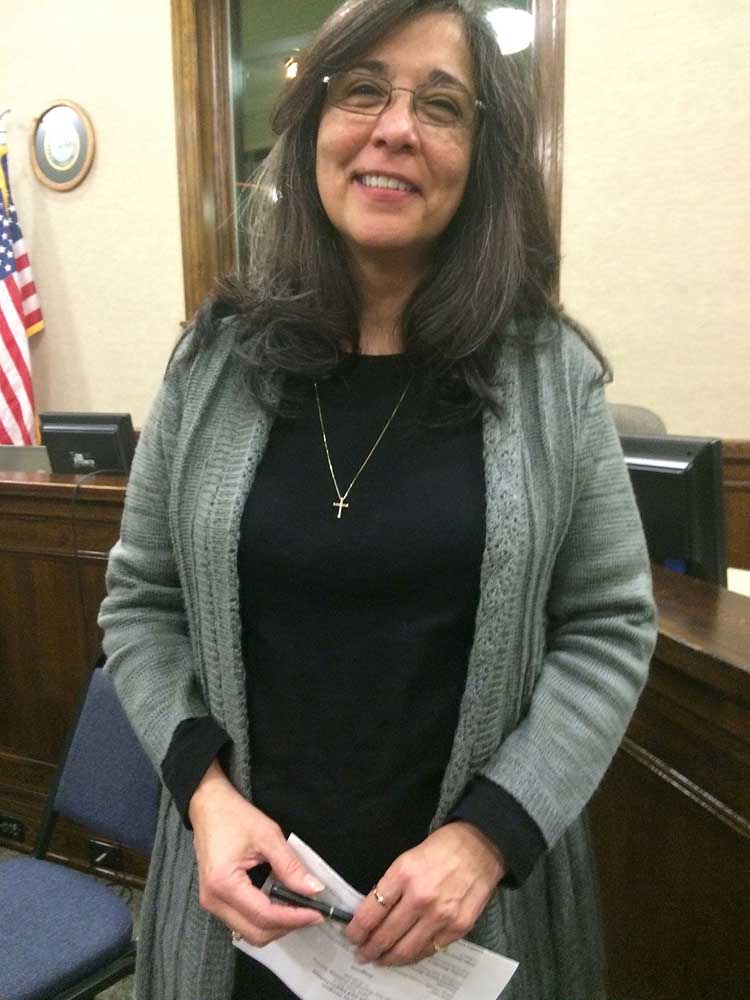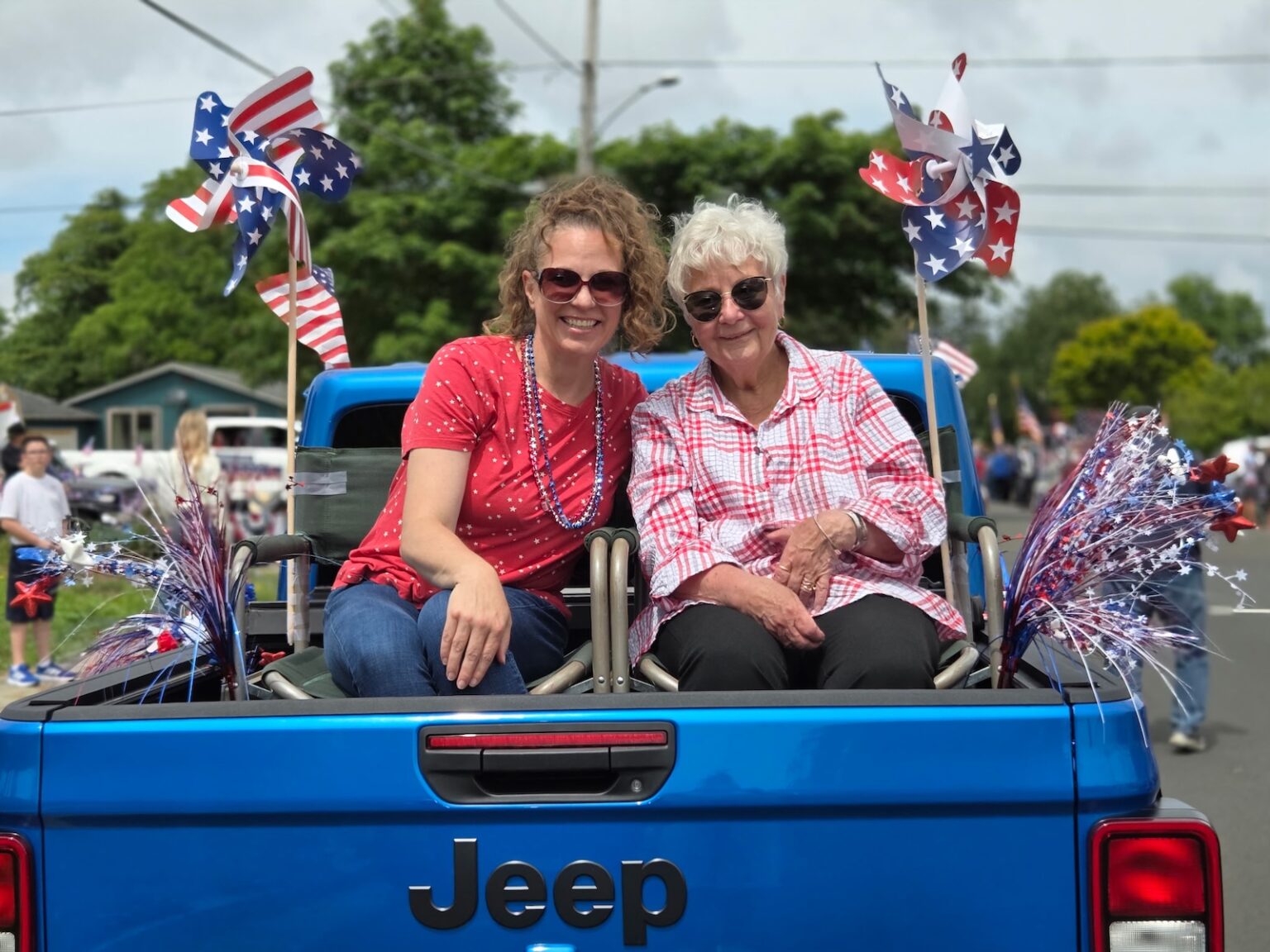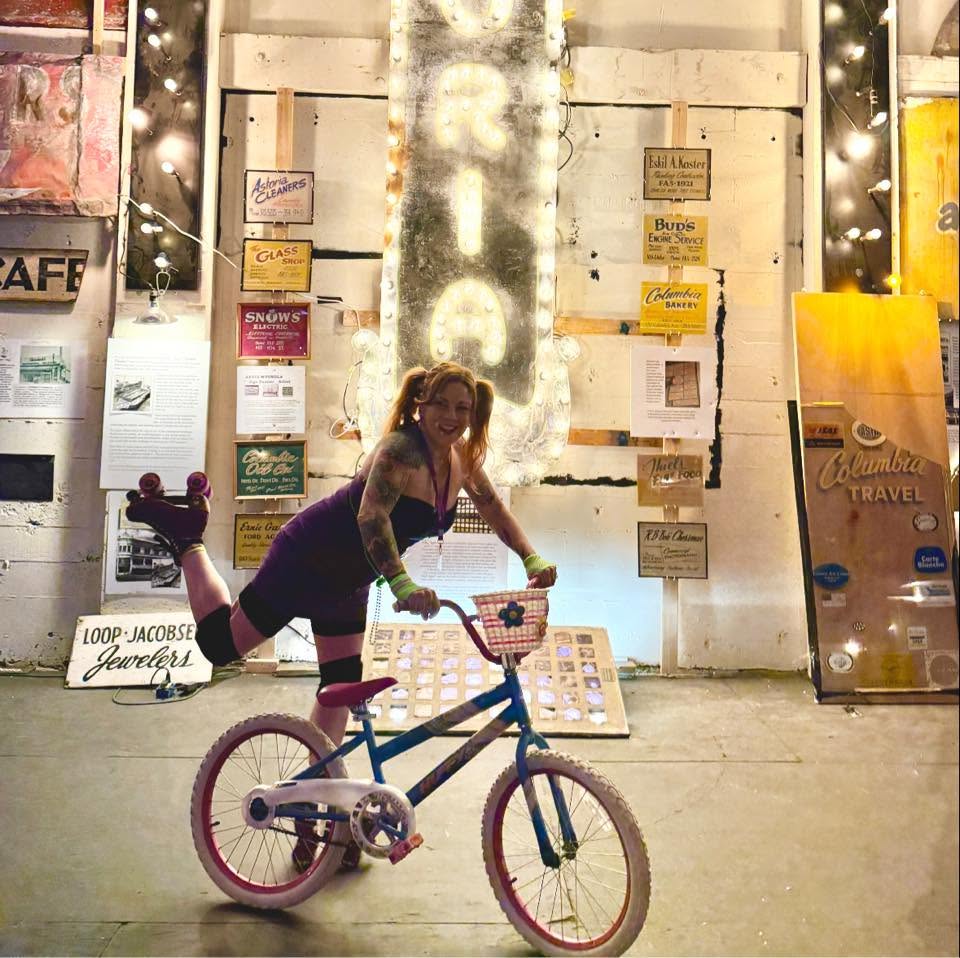Chaplain aims to bring light to ‘shadow population’
Published 4:47 am Monday, April 6, 2015

- Cynthia Livar, a hospital chaplain, is active with the Lower Columbia Diversity Project.
Cynthia Livar, who moved to Seaside from San Antonio four months ago, wondered why Hispanics were not more visible.
Trending
Clatsop County is predominantly white, yet Hispanics make up about 8 percent of the population, according to the U.S. Census Bureau, so Livar expected to see more of a presence.
The new clinical chaplain at Providence Seaside Hospital said she discovered through her work, her activity with Our Lady of Victory Church and her teaching at Clatsop Community College that many Hispanics hold more than one job to make ends meet.
“Granted, in San Antonio, we’re poor, too. But it seems like you have to work a lot harder to be just as poor,” Livar said during a “Latinos in Oregon” panel discussion sponsored by the Lower Columbia Diversity Project Thursday evening at the Judge Guy Boyington Building.
Trending
Work pressures, language barriers, cultural unfamiliarity and other obstacles can discourage Hispanics from being more active in civic life, Livar said, a distance that creates a kind of “shadow population.”
Many transplants to the North Coast who come from multicultural regions of the country — 63 percent of the population of San Antonio is Hispanic, for example — identify challenges.
Jorge Gutierrez, the executive director of the Lower Columbia Hispanic Council, who moved to Astoria from Southern California three years ago, said he initially found the experience puzzling.
The difference between what he saw happening within the council and in the community, he said, was “two very different worlds that just didn’t make sense to me.”
Gutierrez described a disconnect between what community leaders, including some Hispanic leaders, thought the Hispanic community needed and what Hispanics list as priorities.
Issues such as access to Spanish translators at hospitals and public schools, for example, have recently taken on a sharper focus after Hispanics identified the needed services.
Gutierrez believes, however, that there is a “very fine balance, and there’s this order of power that’s been in this community for a very long time. And so you come in as an outsider and you don’t want to upset that, because you don’t know what the repercussions are going to be.
“Like you don’t know if all this goodwill that you’re seeing right now, if it’s still going to be there once you actually start standing up for yourself and your community and asking for things to get done that are going to benefit your community.”
Livar, 51, was born and raised in San Antonio and earned a bachelor’s degree in philosophy and a master’s degree in spirituality from Santa Clara University in California.
A former chaplain at Baptist Health System in San Antonio, she has also served as a chemical dependency counselor for parolees, a public educator for a sexual assault crisis center, and an advocate for job training.
Livar is an instructor for Clatsop Community College’s Lives in Transition program, which helps prepare adults, including single mothers and workers who have lost their jobs, to complete their education.
Livar, who is on the steering committee for the Lower Columbia Diversity Project, wants to instill a sense of empowerment among Hispanics and lower the obstacles to community participation.
She is cognizant, though, that some activism might be seen as “crossing boundaries” by the community. “We’re dealing in a world where we are a minority,” she said. “And we want to continue to make strides and, at the same time, there’s an acknowledgment that we’re not always encouraged to take that lead.
“And what do we do when we have those kinds of obstacles, in our personal lives, professional lives or as we’re trying to help others?”
— Derrick DePledge









